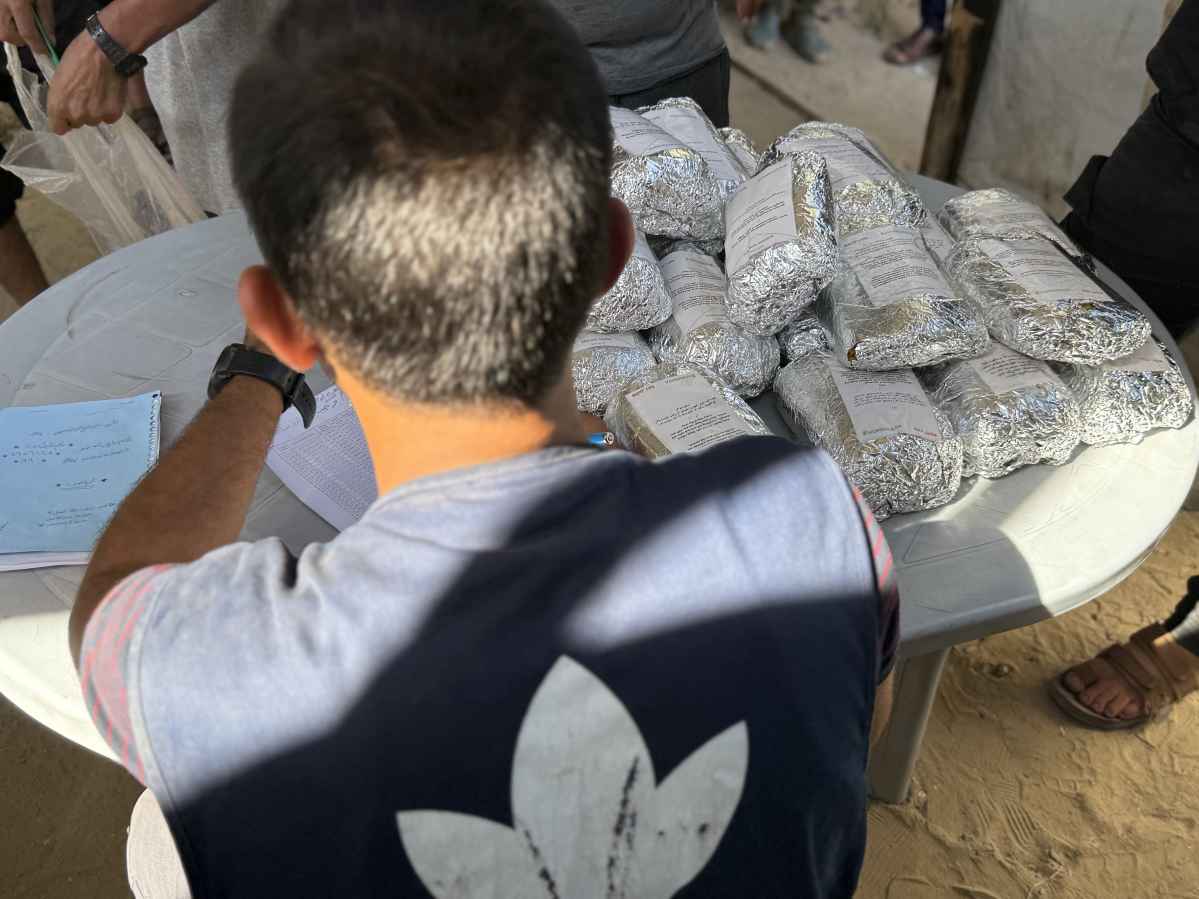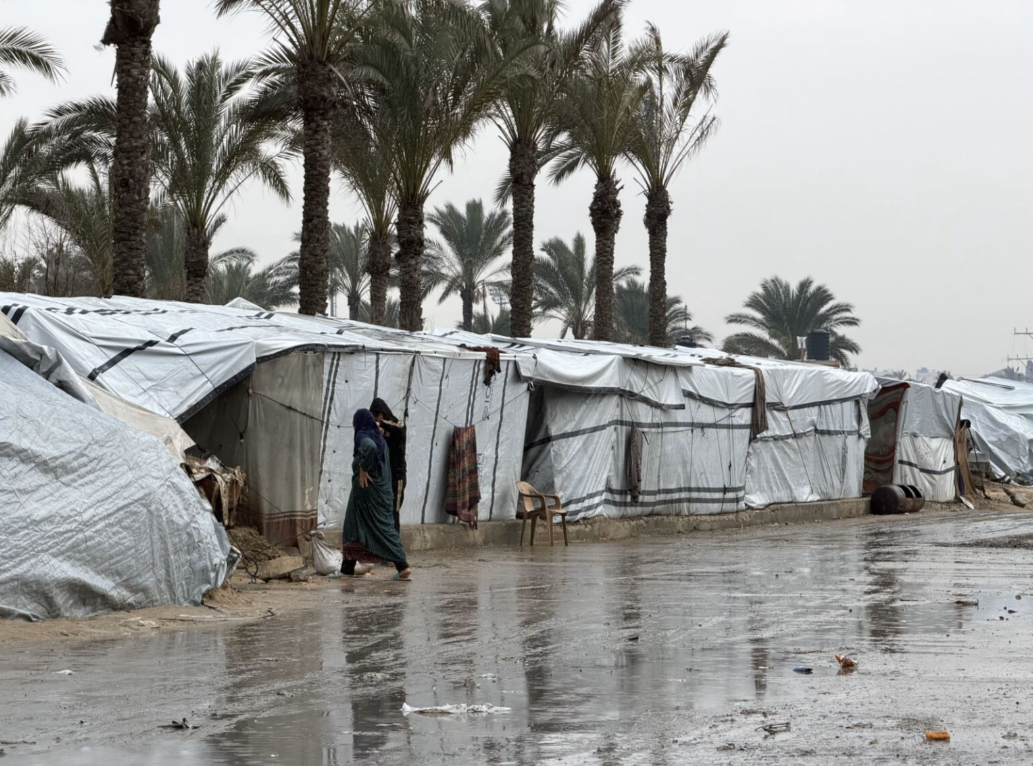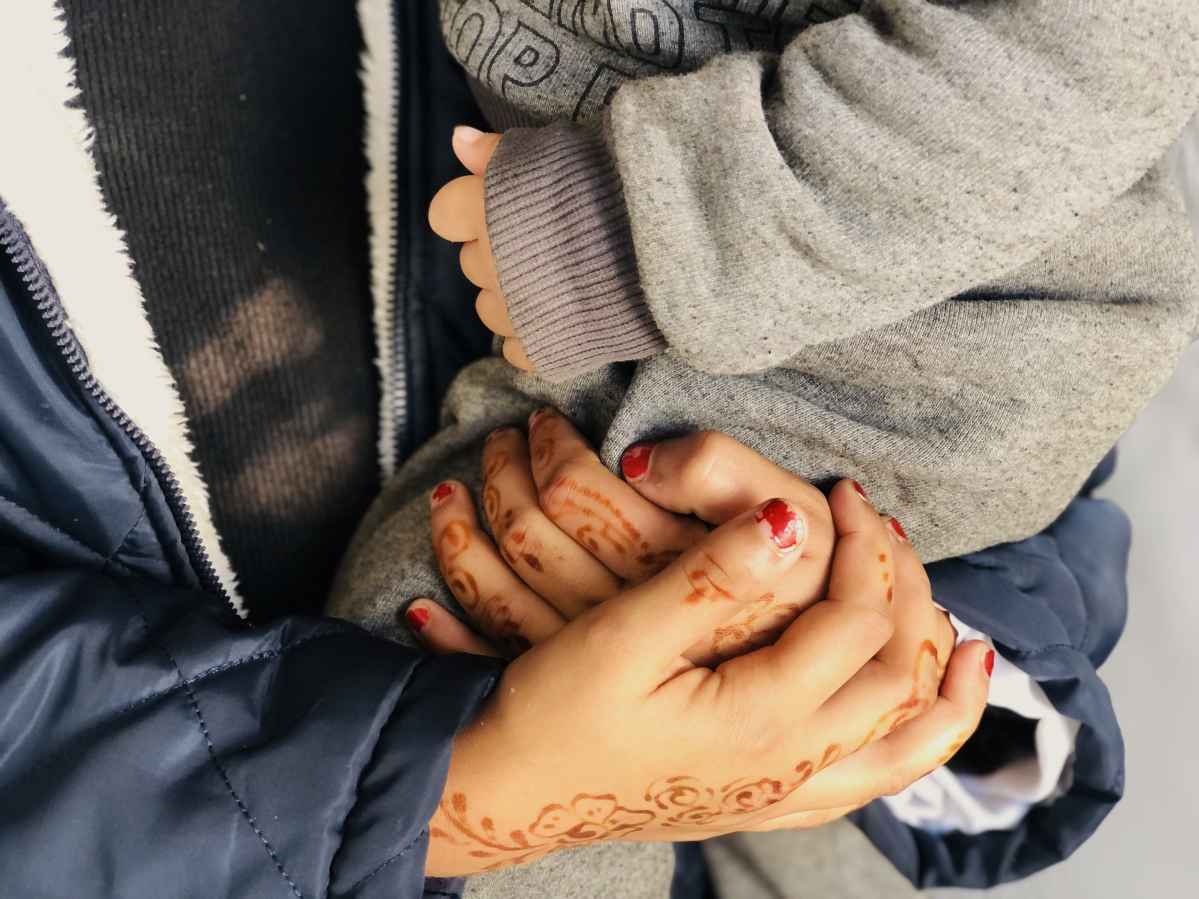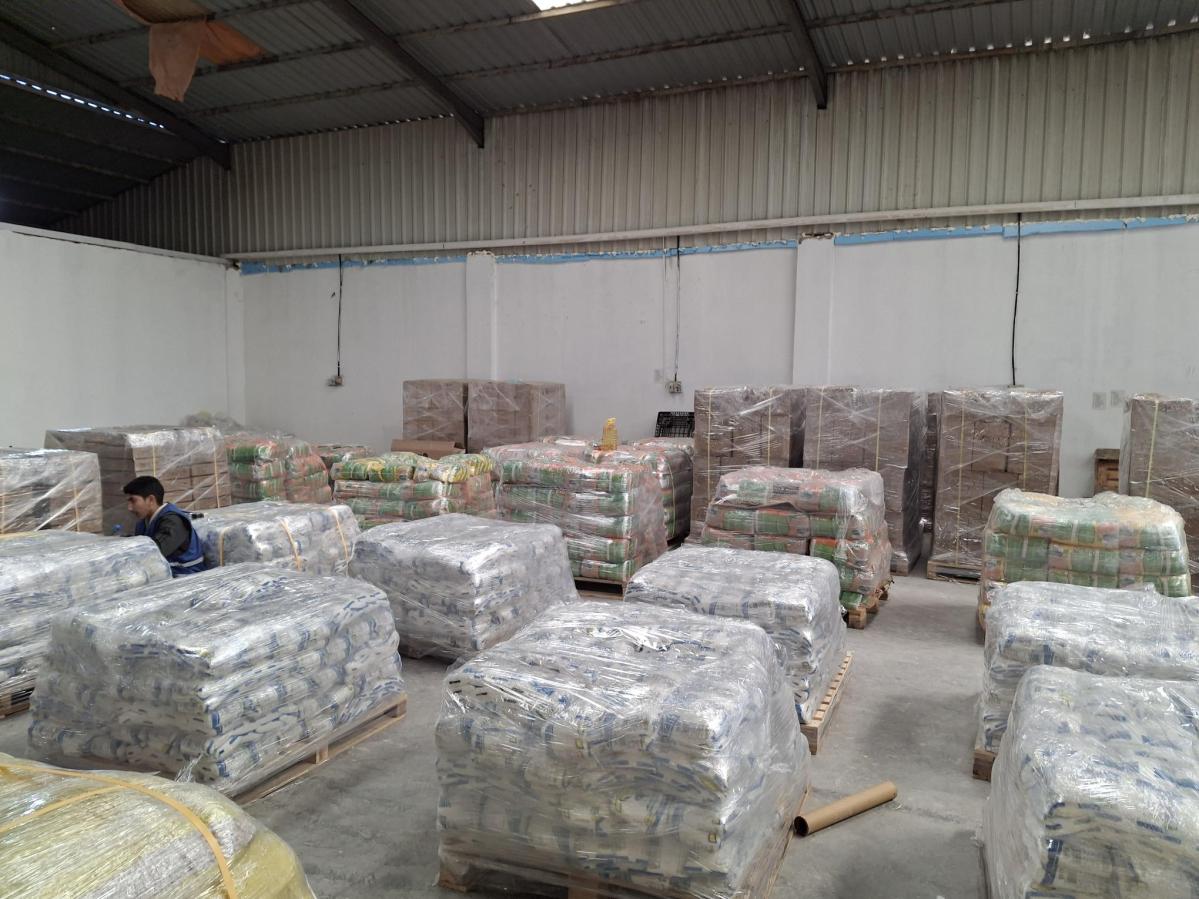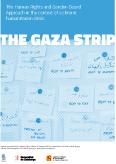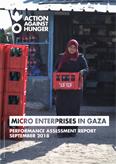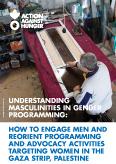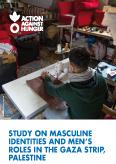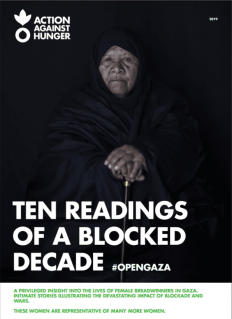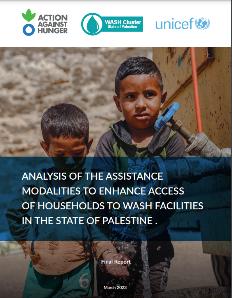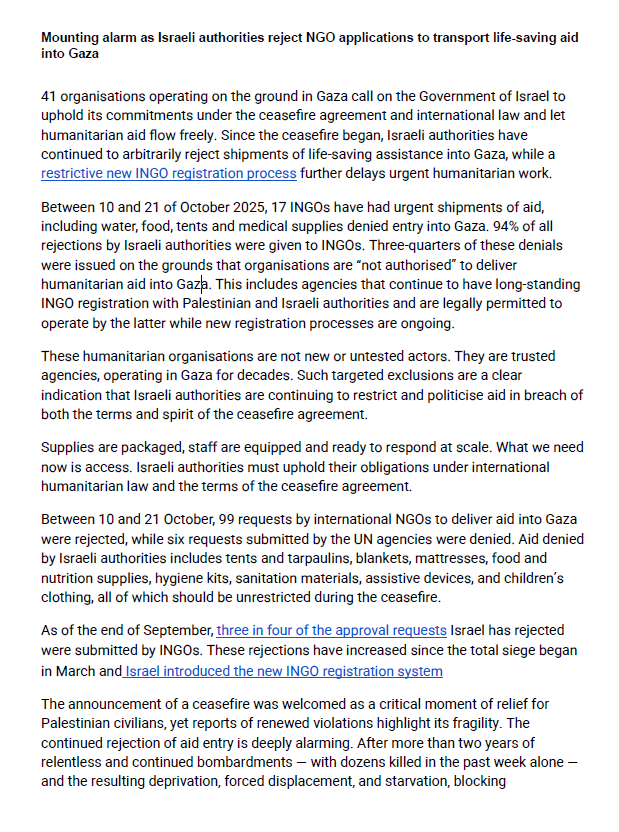
Humanitarian context
In 2023, the civilian population of the Occupied Palestinian Territories (OPT) faced its most severe humanitarian crisis with the outbreak of unprecedented hostilities between Israel and armed groups in Gaza. Between October and December 2023, intense bombardment and ground operations in Gaza resulted in severe food insecurity, lack of access to 90% of normal water supplies, electricity and communications cuts, and the displacement of 85% of the population.
In addition, this year saw the highest number of Palestinians killed and displaced in the West Bank since the UN Office for the Coordination of Humanitarian Affairs (OCHA) began keeping records in 2005.
In the West Bank, 1,264 incidents of settler violence and demolition of Palestinian property were recorded in 2023, the highest number in a single year since 2006, when OCHA began keeping records. Escalating Israeli military occupation policies and settler violence further limited Palestinian access to water and sanitation services, negatively affecting nearly 300 communities.
Our activity
Action Against Hunger launched an emergency response, reaching some 27,000 people with food security and subsistence services in the latter part of 2023, such as fresh food distribution. In the last quarter of 2023, WASH services reached nearly 308,000 Palestinian households with cleaning services, latrine and sewerage repair, shelter and hygiene kit distribution, solid waste management, water trucking, pneumatic collection tankers and handwashing facilities. Action Against Hunger also stepped up its public and private advocacy to focus on the protection of civilians and civilian infrastructure, and to call for an increase in unimpeded humanitarian aid to Gaza.
In 2023, Action Against Hunger implemented a number of water, sanitation and hygiene projects in the West Bank, including the installation and maintenance of water infrastructure and water distribution systems to connect underserved families and increase access to safe drinking water, reaching more than 30,000 people.
It operated with a budget of 9.4 million euros, managing to implement 19 projects before the war.
WHERE WE HELP
We help 24.5 million people each year. We work in 55 countries in Africa, Asia, Latin America and Europe, those most threatened by hunger.
EYEWITNESSES
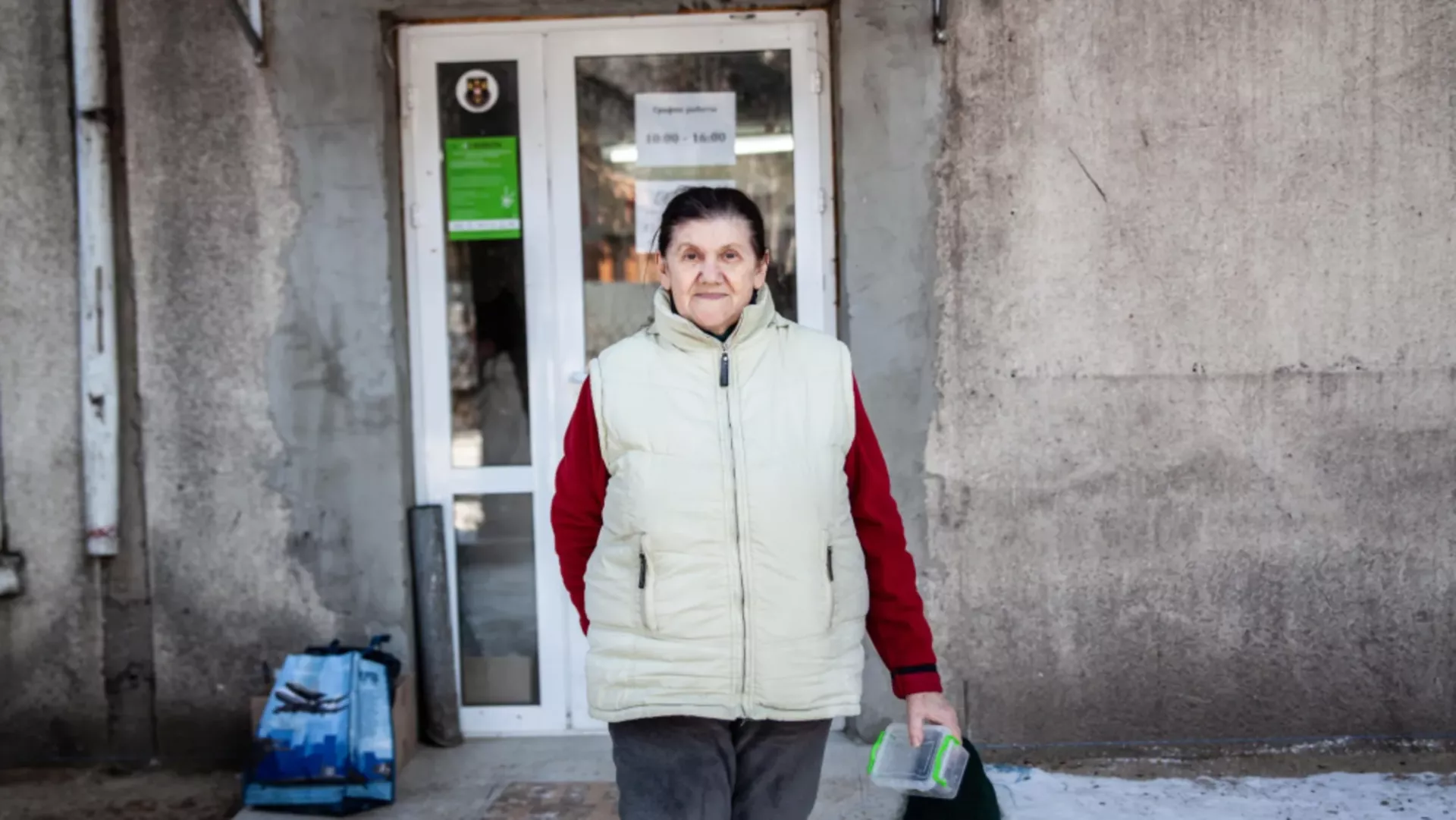
NADER ABU ANZA: "I APPLIED TO THE ACTION AGAINST HUNGER CALL FOR PROPOSALS FOR THE ‘LIFE PALESTINE’ BUSINESS DEVELOPMENT PROGRAMME"
After passing the technical criteria set by the organisation, I was selected as a beneficiary and received the technical, commercial and financial training I needed to start my business.
My business started by restoring a 500 square metre greenhouse, which I owned, but which was not suitable for agricultural use. My neighbourhood used it as a dumping ground. This was the first and biggest challenge to overcome, but it turned out to be a positive change for the project. The land was transformed from a polluting area to an environmentally friendly one.
I faced many challenges during land reclamation, including connection to a water source. After several attempts, I managed to overcome them and now I have a permanent livelihood, growing various seasonal vegetables such as tomatoes, peppers and aubergines," says Nader.
I started to feel independent when I became financially self-sufficient. I shared my experiences with my neighbours, and they were inspired to reclaim their land as I was. We now have seven water lines stretching from my land to neighbouring lands. This has had a major environmental impact on the area, turning wasteland into productive and income-generating land. As for my family, there has been a great transformation.
We can now buy a variety of foods. I was also able to buy household furniture that I did not have before, using the income from my land. My stress levels were reduced and I became more resilient to problems. Today, thanks to my own business, I have become a business owner and not a worker. I have been able to employ twenty workers in the greenhouse, including members of my family. That's why I called my business 'Seed of Kindness'," says Nader Abu Anza.
